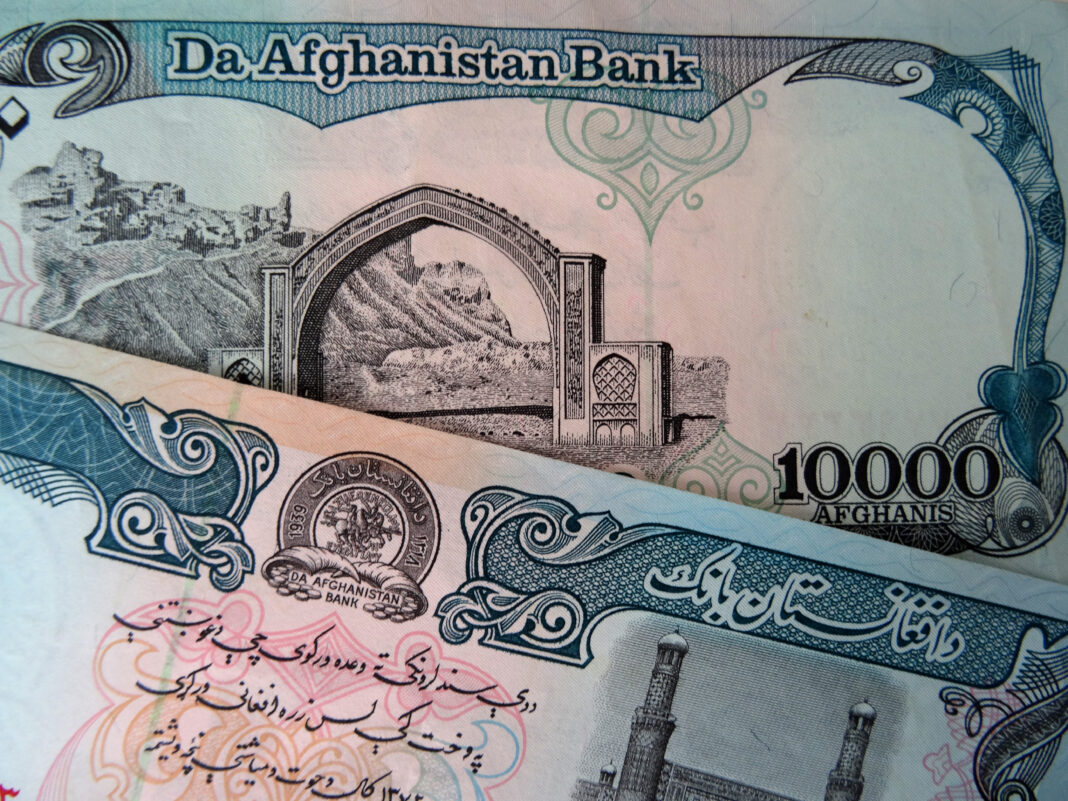by Anna Violante
“The Afghan economy and its banking sector were crippled in February 2022 when US President, Joe Biden, issued an Executive Order to unilaterally seize US$7 billion of Afghanistan’s sovereign resources held in the US Federal Reserve. Another US$2.5 billion remain inaccessible in banks in Europe and elsewhere.”
This is how the NGO United Against Inhumanity begins its long statement on the freezing of Afghan funds in Western banks, published on 26 June. Governments and ordinary people around the Western world are very concerned about the Taliban’s abuses, particularly against women, but few seem to realise that the majority of people in Afghanistan are starving. The UAI statement highlights the strategic and moral importance of recapitalising Afghanistan’s central bank, the Da Afghanistan Bank (DAB). It argues that Afghanistan’s sovereign foreign exchange reserves should be made available to the DAB to enable it to operate in accordance with its charter and normal banking standards, as revitalising the economy is essential to ending the suffering in the country.
According to the World Food Programme, six million Afghans are “one step away from famine.” The statement continues: “Unheralded levels of poverty and hunger haunt the land. This is exacerbated by much reduced access to health care; the economy is in dire straits and the banking system is in trouble. As a result, 38 million Afghans, who are not responsible for the policies of the ‘de facto’ authorities or for the geopolitical posturing of Western states, suffer the consequences.”
After two decades of failed governance, corruption, impunity and armed conflict, the sudden and chaotic withdrawal of the US-led military and diplomatic presence in Afghanistan in August 2021 made it easier for the Taliban to return to Kabul. But a tidal wave of problems washed over the new Islamic Emirate of Afghanistan (IEA), which has since been treated as a pariah state.
“The Emirate’s determination to add to the woes of Afghan females who have long suffered societal and structural discrimination, and to ignore the terms of the US-Taliban Doha Agreement (2020) that led to the departure of the US and its allies, has ensured that all countries have, to-date, denied it the recognition it craves.”
The UAI statement is by no means a denial of Taliban wrongdoing, but at the same time it is harsh on Western policies, which it sees as driven more by vindictive feelings and ideological issues than by a pragmatic stance for the good of the Afghan people, including women, who have so far been mistreated and discriminated against.
Aware of the Taliban’s potential misuse of the money returned to the Bank of Afghanistan, United Against Inhumanity proposes various solutions, including “the transfer of US$150 million per month in a manner that respects the DAB’s charter and with the provision of capacity-building assistance, if deemed necessary, to meet AML/CTF safeguards.” The conclusions of the statement are clear: “Recapitalising the DAB is the only ethical, moral, and realistic option to ensure the survival and the future of millions of at-risk Afghans.”
Read the full statement here.
Cover image: Ten thousand Afghanis. Afghanis is the Afghan currency ©Aybige Mert/Shutterstock.com
























